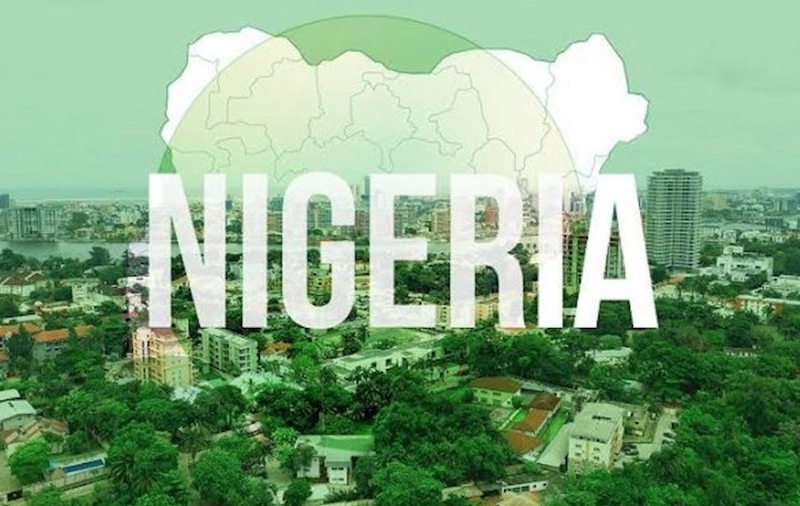By Comrade Aiyedun Olatunbosun
Black tax, a term used to describe the financial support that successful individuals are expected to provide to their extended families. It is a pervasive cultural expectation in many African communities, particularly in Nigeria. This phenomenon has far-reaching implications for personal financial planning and savings, often posing significant challenges for those who are obligated to pay it. According to recent data, 83% of Nigerian income earners report paying black tax, with 56% paying it monthly, 27% paying it occasionally, and only 17% not paying it at all. While black tax can be a source of pride and fulfilment, it can also significantly hinder financial stability and growth.
The cultural context of black tax
In many African societies, communal support and solidarity are deeply ingrained cultural values. The success of one family member is often seen as the success of the entire family, and it is expected that those who are financially stable will support relatives who are less fortunate. This cultural expectation can create a sense of duty and obligation that transcends individual financial goals.
The pros of black tax
One of the most significant advantages of black tax is that it strengthens family bonds. By supporting their relatives, individuals can ensure that their family members have access to basic needs, education, and healthcare, thereby improving the overall well-being of their extended family. According to Thuli Madonsela, former Public Protector of South Africa, “Black tax is an investment in family and community, a reflection of our cultural values” (Madonsela, 2019).
In the absence of robust social security systems, black tax acts as an informal safety net. It helps to mitigate the effects of unemployment, illness, and other financial hardships, providing a crucial support system for many families. Additionally, financial support from successful family members can empower others by providing them with opportunities for education and business ventures. This can lead to the economic upliftment of entire families and, by extension, communities.
The cons of black tax
Despite its benefits, black tax also has significant downsides. The most significant downside is the financial strain it places on the payers. Regular financial obligations to family members can deplete savings and reduce disposable income, making it difficult for individuals to invest, save, or enjoy their earnings. According to a report by South African financial services firm Sanlam, “The burden of black tax can lead to financial instability and stress for those who are expected to provide” (Sanlam, 2020).
Black tax can also impede personal financial goals, such as home ownership, retirement planning, and other long-term investments. The continuous outflow of money to support extended families can delay or even derail these aspirations. Over-reliance on financially successful family members can create a dependency culture, where individuals expect continuous support without striving for their own financial independence. This can perpetuate a cycle of financial dependence and limit overall economic progress.
The Impact on Nigerians in the diaspora
For Nigerians in the diaspora, the burden of black tax can be particularly pronounced. Many are seen as the primary breadwinners for their families back home and are often turned into “cash cows,” expected to send regular remittances. This expectation can lead to significant financial pressure, as these individuals juggle the cost of living in foreign countries with the demands of supporting relatives in Nigeria.
John, a Nigerian software engineer living in Canada, sends a significant portion of his salary back home each month to support his parents and siblings. Despite earning a good income, he struggles to save for a down payment on a house due to the continuous financial support he provides. His story is a common one among Nigerians in the diaspora.
Grace, a successful businesswoman in Lagos, supports her extended family, including paying for her cousins’ school fees and her uncle’s medical bills. While she finds fulfilment in helping her family, she often feels the pinch when it comes to reinvesting in her business or saving for her future.
Lessons to be learned
There are several lessons to be learned from the phenomenon of black tax. First, it is essential for individuals to find a balance between supporting their families and securing their own financial future. Setting clear boundaries and having open conversations about financial limitations can help manage expectations. Encouraging financial literacy within families can also help reduce the dependency on black tax. By empowering relatives with knowledge and tools to achieve financial independence, the burden can be alleviated. Developing alternative support systems, such as community savings groups or insurance schemes, can provide a buffer for families in need without over-relying on individual family members.
In conclusion, while black tax has its merits in fostering familial bonds and providing a safety net, it also poses significant challenges to personal financial growth and stability. Navigating this cultural expectation requires a delicate balance, financial literacy, and the establishment of sustainable support systems. As Nigeria continues to evolve, addressing the complexities of black tax will be crucial for the financial well-being of its people.

